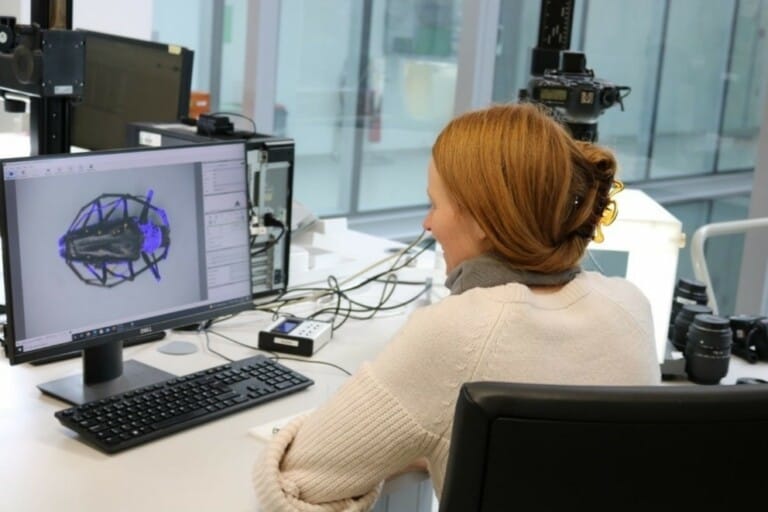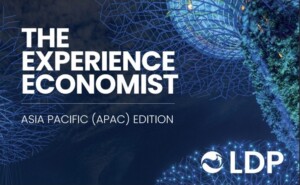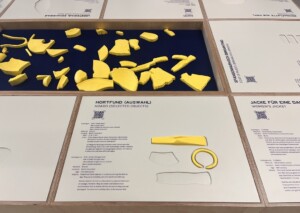The Natural History Museum aims to digitise 80 million objects in its collection, revealing that the economic benefits of digitisation are ‘at least ten times greater than the costs’.
Digitising the Natural History Museum’s 80 million objects could create in excess of £2 billion in economic benefit. Digitising natural history collections can advance food security, biodiversity conservation and medicine discovery.
In order to explore the economic and societal value of digitising the collection, the Natural History Museum (NHM) teamed up with economic consultants Frontier Economics Ltd.
NHM is making progress on the project, but needs additional investment. Since 2015, NHM has made 4.93 million specimens available online via the Data Portal.
Digitisation is the process of creating and sharing data associated with NHM specimens, with all related information added to an online database.
4.93 million NHM specimens online
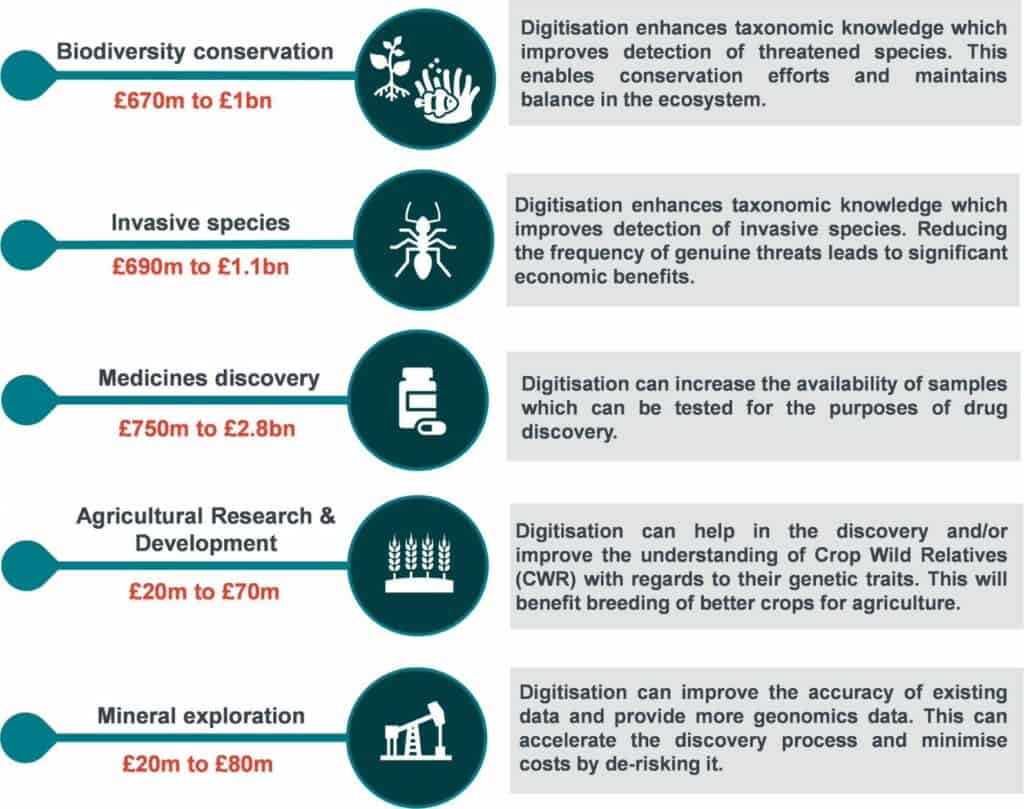
This includes where and when it was collected and who found it, as well as photographs, scans and other molecular data. Natural history collections are a unique record of biodiversity.
“Sharing data from our collections can transform scientific research and help find solutions for nature and from nature,” said Helen Hardy, science digital programme manager at NHM.
“Our digitised collections have helped establish the baseline plant biodiversity in the Amazon, find wheat crops that are more resilient to climate change and support research into potential zoonotic origins of Covid-19.
“The research that comes from sharing our specimens has immense potential to transform our world and help both people and planet thrive.”
NHM’s collection is one of the world’s largest. By putting it online, the museum is providing free and open access for global researchers, scientists and artists.
£2 billion in economic benefit
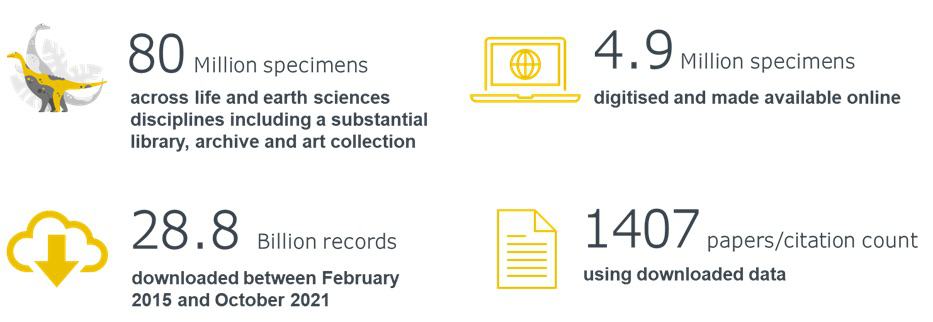
Frontier Economics Ltd looked at the impact of collections data on biodiversity conservation, invasive species, medicines discovery, agricultural research and development, and mineral exploration.
Dan Popov, economist at Frontier Economics Ltd, said the collection “has the potential to unlock groundbreaking research in any number of areas” if it’s “made easily accessible to scientists all over the world through digitisation”.
“Predicting exactly how the data will be used in future is clearly very uncertain,” Popov said. “We have looked at the potential value that new research could create in just five areas focussing on a relatively narrow set of outcomes.”
“We find that the value at stake is extremely large, running into billions.”
“This new analysis shows that the data locked up in our collections has significant societal and economic value, but we need investment to help us release it,” said Professor Ken Norris, head of NHM‘s life sciences department.
Images: NHM/Frontier Economics Ltd
